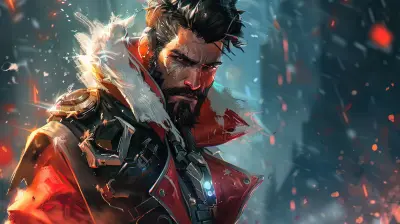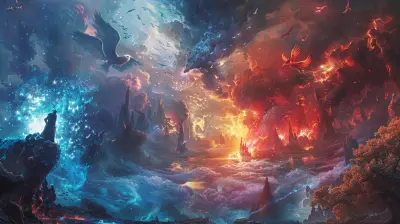Power Dynamics in Online Gaming Guilds
18 November 2025
Online gaming guilds are more than just digital hangout spots. They're communities, social experiments, and sometimes, full-blown hierarchies with rules, roles, and—yep, you guessed it—power struggles. Whether you're in a casual World of Warcraft guild or a sweaty Final Fantasy XIV raiding crew, you've probably seen guild politics in action.
Let’s dive deep into the complex world of power dynamics in online gaming guilds. We’re talking rank disputes, leadership drama, hidden influencers, and the not-so-pretty side of virtual camaraderie. It’s a fascinating topic—one that blurs the lines between gameplay and real-world sociology.
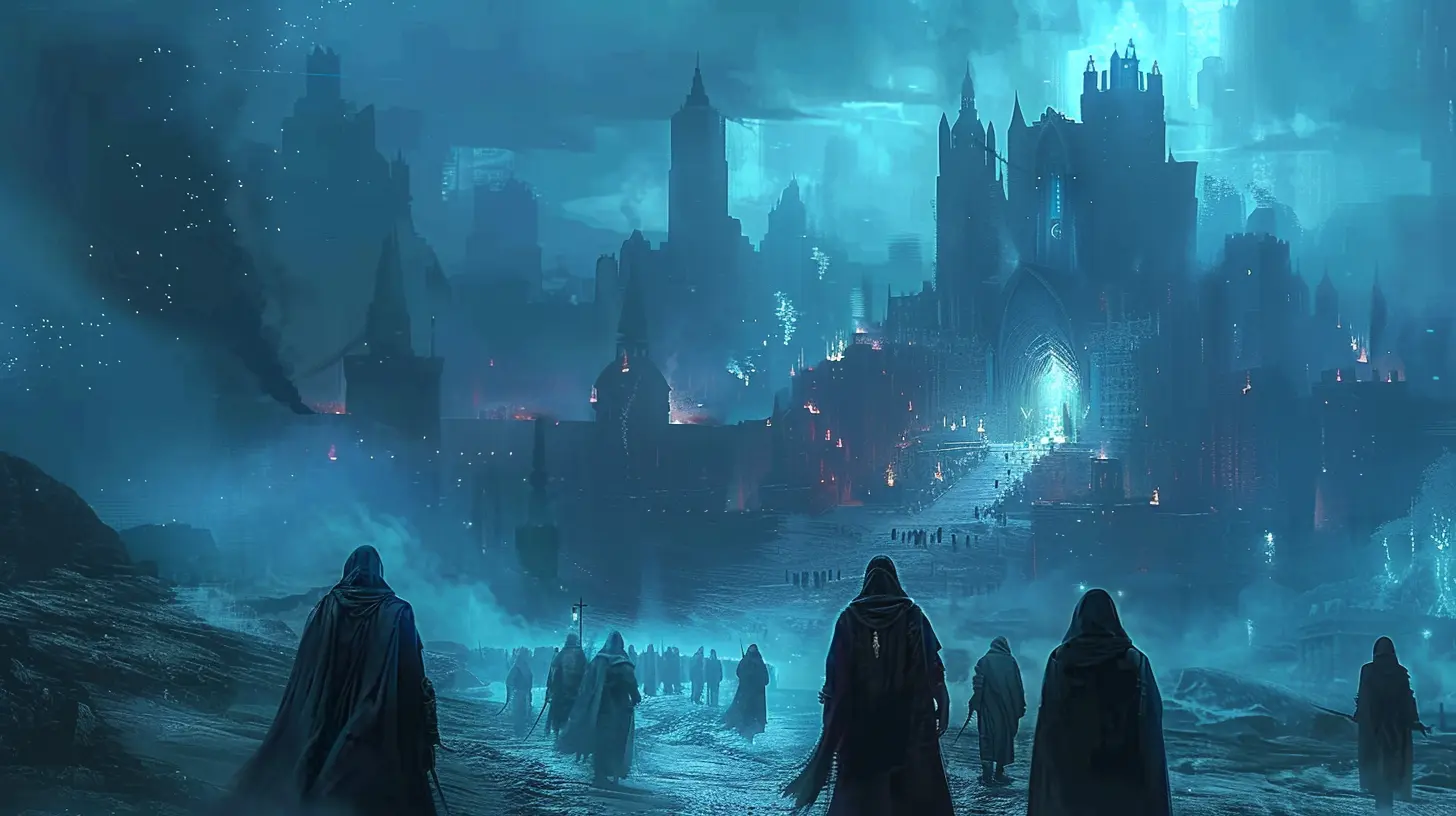
What Are Online Gaming Guilds, Really?
If you’re new to MMOs or online multiplayer games, let’s get one thing straight: a guild is basically a team or group of players who join forces for a common goal. That could be raiding dungeons, crushing PvP, or just vibing and helping each other out.But don’t let the casual definition fool you.
Most guilds have structure. Leadership. Expectations. And when you mix a bunch of personalities under one digital roof, things get spicy.
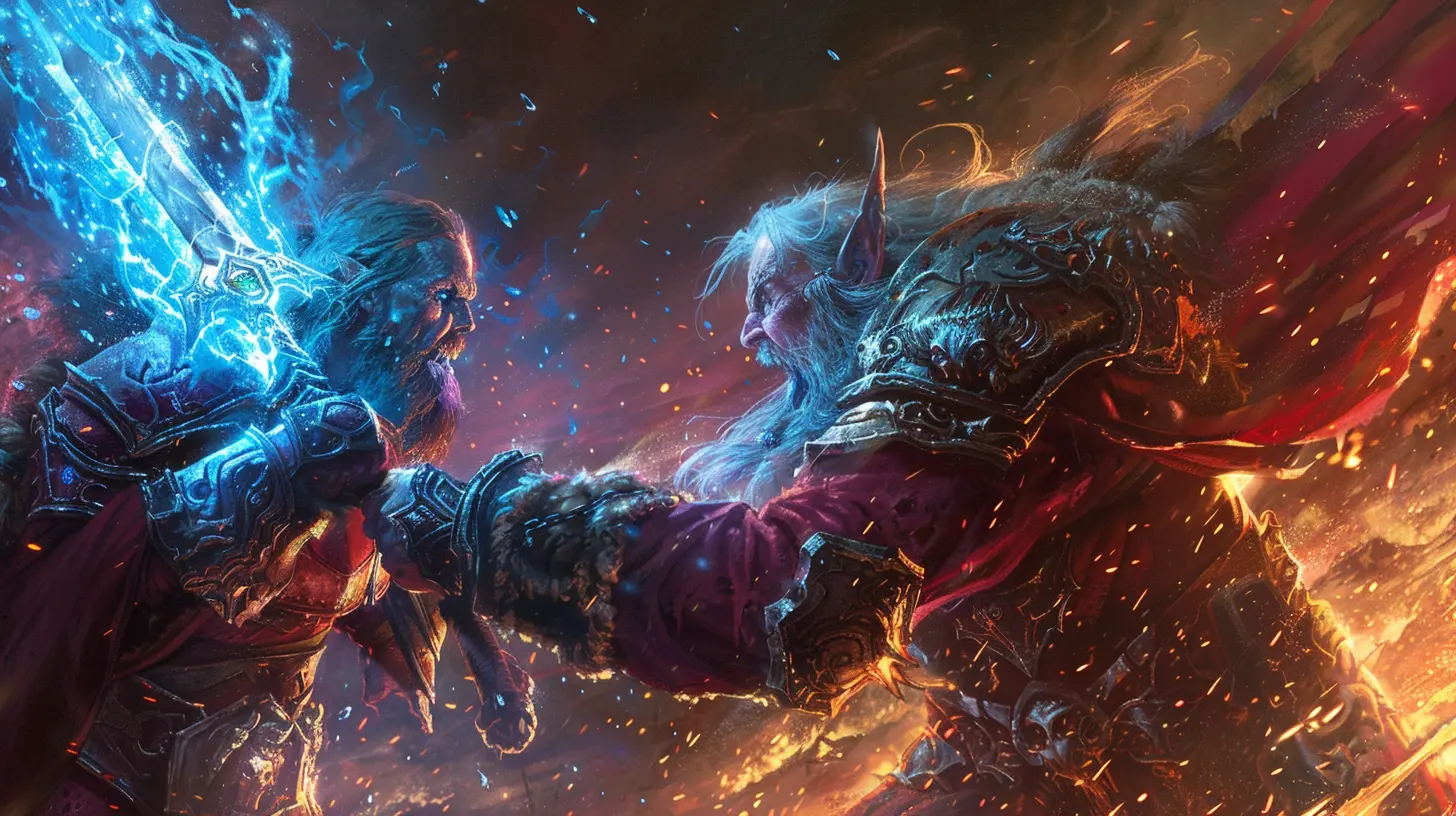
The Social Ecosystem of a Guild
Imagine a high school classroom. You’ve got the popular kids, the quiet observers, the teacher’s pet (or in this case, the raid leader’s favorite), and even the occasional troublemaker. That’s kind of how guilds work—except it's all in-game.Some players naturally rise to the top. Others prefer to stay in the background. Still, the balance of social clout, performance, and politics creates a layered web of influence. It’s not always based on skill, either. Sometimes, it’s about who talks the loudest, who logs in the most, or who simply has seniority.
This is where power dynamics really show their face.
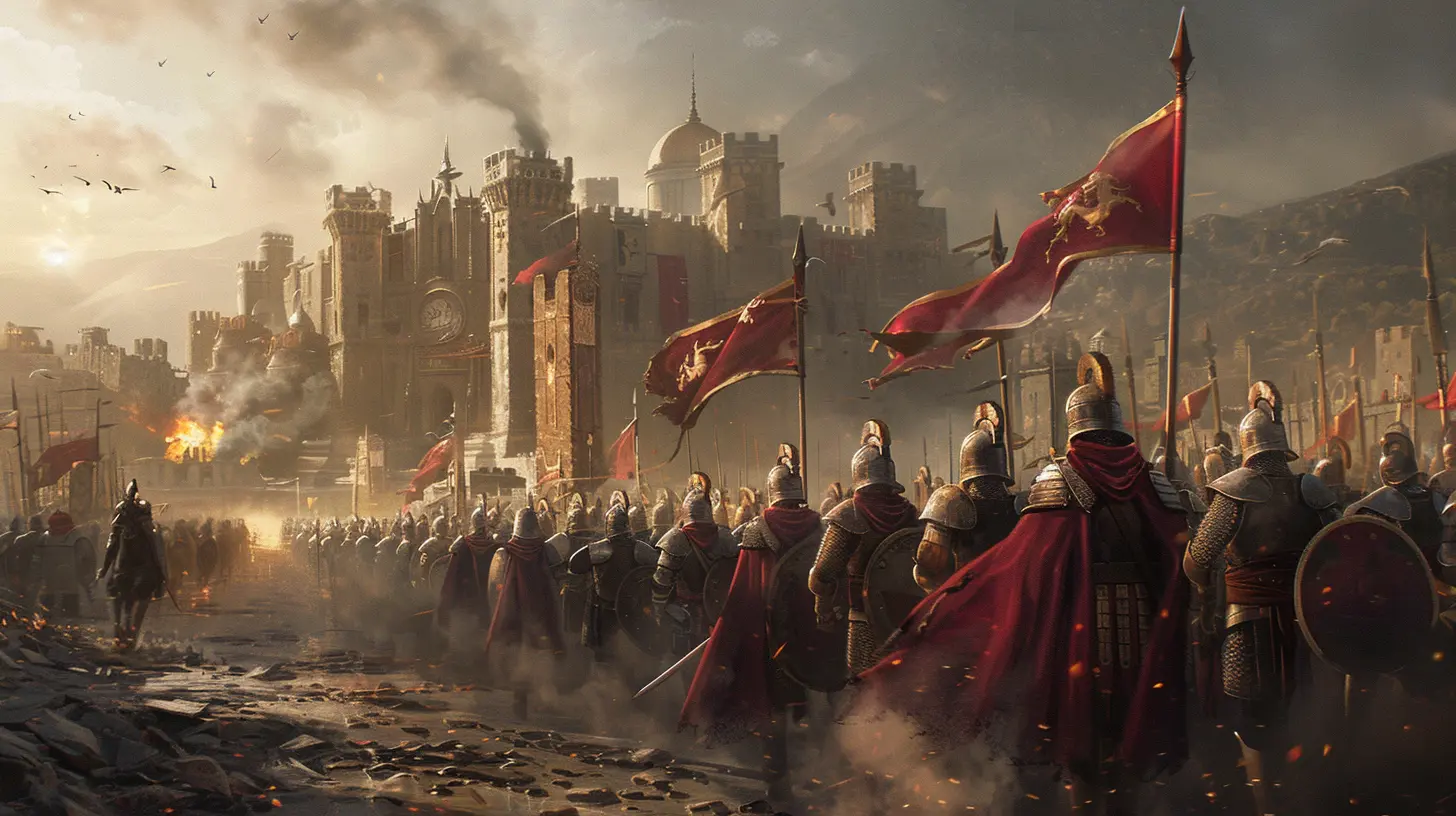
Who Holds the Power?
Let's break it down. Most guilds are built on some form of hierarchy:- Guild Leader (GL): The top dog. Usually the founder or someone who took charge. They handle recruitment, drama control, and the overall vision of the guild.
- Officers: The sidekicks. They help manage raids, moderate Discord, and enforce rules.
- Veterans / Core Members: Long-time players who may not have formal titles but have influence due to loyalty, game knowledge, or charisma.
- Regular Members: The rank-and-file. They follow orders, participate in events, and keep the guild going.
- Recruits / Trials: Newbies trying to earn their stripes.
Now, that’s the textbook layout. But in reality? Influence doesn’t always follow titles. A charismatic member with no rank might sway decisions more than an inactive officer. It’s like how in a workplace, the intern who knows everyone’s coffee order might be more popular than the manager.
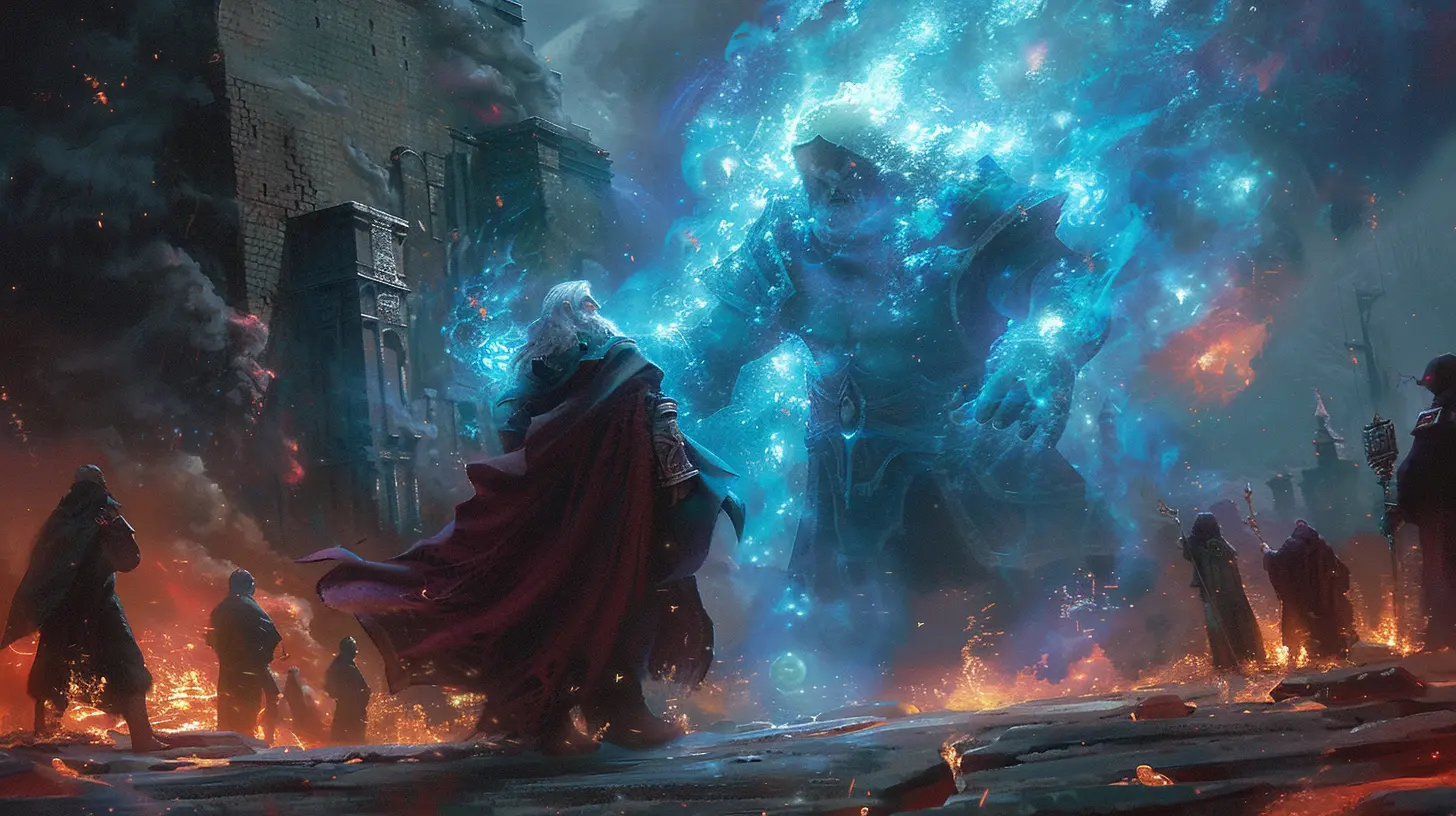
Micromanagement vs. True Leadership
Have you ever been in a guild where the leader is always barking orders, micro-managing everything down to what gear you should equip? It’s not just annoying—it’s toxic.Great guild leaders know when to lead and when to step back. They empower their officers, trust their members, and make decisions with input. Bad leaders? They treat the guild like their kingdom. Every decision is theirs. Every dissent is betrayal.
That power trip can poison a community fast.
One minute you’re prepping for raid night, and the next thing you know, half the guild quits because someone dared to question the loot system.
The Unofficial Power Players
Here's the twist—official ranks don’t always tell the full story.Think about the guild clown who always cracks jokes and keeps morale high. Or the theorycrafter who runs spreadsheets and gives combat tips. These players often command respect and influence even if they don't have any formal title. They form what you might call a “shadow council”—wielding soft power through social capital.
Sometimes, they’re even more powerful than the guild leader. They shape opinions subtly, and if they leave? They might take half the guild with them.
Crazy, right?
Favoritism and Inner Circles
Let’s be honest—we’ve all seen it.Certain players get more raid invites. Others get first dibs on loot "because they've been here longer." Maybe someone keeps getting away with toxic behavior because they’re friends with the guild leader.
This is where power dynamics go sour. When inner circles form, and favoritism creeps in, you're not just dealing with strategy games anymore—you're navigating politics. And when people feel they're being treated unfairly? Drama explodes.
Guild splits, rage quits, passive-aggressive Discord messages—it’s a whole soap opera.
Gender, Identity, and Power Imbalances
Now, we can’t talk about power in gaming guilds without addressing gender dynamics. Online gaming is still predominantly male, and female gamers often have to navigate a delicate dance between fitting in and standing out.In some guilds, a female voice on voice chat is still treated like a unicorn sighting. This can lead to weird dynamics—some players become overly protective or flirty, while others dismiss capabilities altogether. Women in leadership roles may be judged more harshly or second-guessed more frequently.
It’s not just about gender either—race, nationality, and even accents can impact how you're treated or how much authority you're given.
It’s a digital world, sure, but the biases of the real world don’t just magically disappear when you log in.
The Pull of Loyalty and Guilt
Have you ever stayed in a toxic guild because you “didn’t want to let the team down”? That’s another power move—emotional manipulation.Some leaders or officers use loyalty as a tool.
- “We’ve been through so much together.”
- “This guild made you what you are.”
- “You owe it to the team.”
These emotional hooks keep people tied into unhealthy dynamics. It’s the gaming equivalent of a bad relationship. And just like in real life, knowing when to walk away is key.
The Rise and Fall of Guild Empires
All powerful guilds fall eventually. It might be internal drama, burnout, or just life getting in the way.But what's interesting is how quickly the power vacuum forms. Once a leader steps down or a top officer quits, everyone starts scrambling for position. Factions form. Sides are taken.
It’s like Game of Thrones, but with more keyboard clicking.
This phase often defines the next chapter of the guild. Will it survive the shakeup? Will it splinter into smaller groups? Or will someone new step up and steer the ship?
Healthy Power Structures: A Rare Gem
It’s not all doom and gloom.Some guilds strike a beautiful balance between leadership and equality. They set clear rules, give everyone a voice, and adapt to the needs of their members.
These communities are gold.
Members feel valued, leadership is respected not feared, and drama is resolved before it turns nuclear. These guilds may not always be the top of the leaderboard, but their longevity and vibe? Unmatched.
Tips to Navigate Power Dynamics
If you're knee-deep in guild drama or just want to keep things chill, here are a few tips:1. Communicate openly – Don’t assume people know how you feel.
2. Avoid cliques – Be inclusive, not exclusive.
3. Question power, respectfully – Challenge decisions with facts, not feelings.
4. Know your worth – Don’t let loyalty blind you to dysfunction.
5. Lead by example – Even if you’re not “in charge,” you can influence the culture.
Final Thoughts
Power dynamics in online gaming guilds are the unspoken systems that either make or break the community. It's more than just who gets loot or who calls the shots. It’s about respect, influence, and human connection in a virtual world.If you’ve ever wondered why your guild feels "off" or why certain players seem untouchable, it’s probably these underlying social mechanics at play. Understanding them is the first step toward navigating or even fixing them.
So next time you log in and join a raid, just think—you’re not just battling dragons. You’re playing the subtle game of influence, one cooldown at a time.
all images in this post were generated using AI tools
Category:
Gaming CommunitiesAuthor:

Luke Baker
Discussion
rate this article
1 comments
Liv McDonald
Great insights on the complexities of power dynamics in guilds! This topic truly highlights the social intricacies of online gaming.
November 18, 2025 at 4:56 PM

Luke Baker
Thank you! I'm glad you found the insights valuable. The social dynamics in guilds are indeed fascinating!

